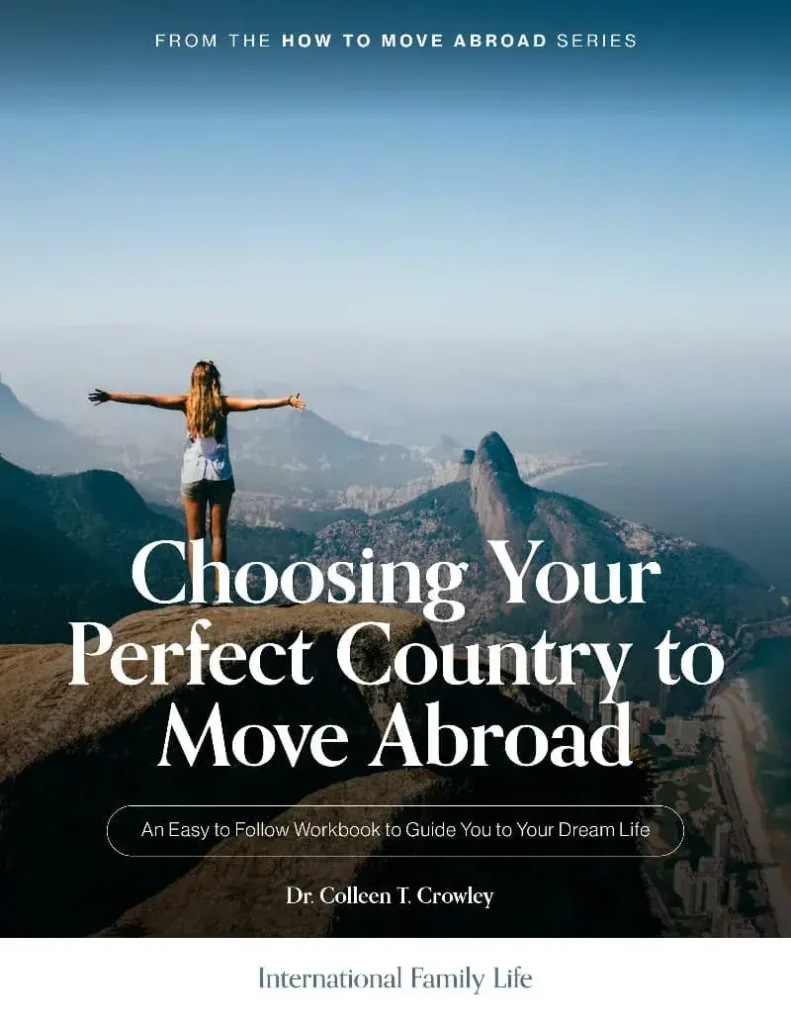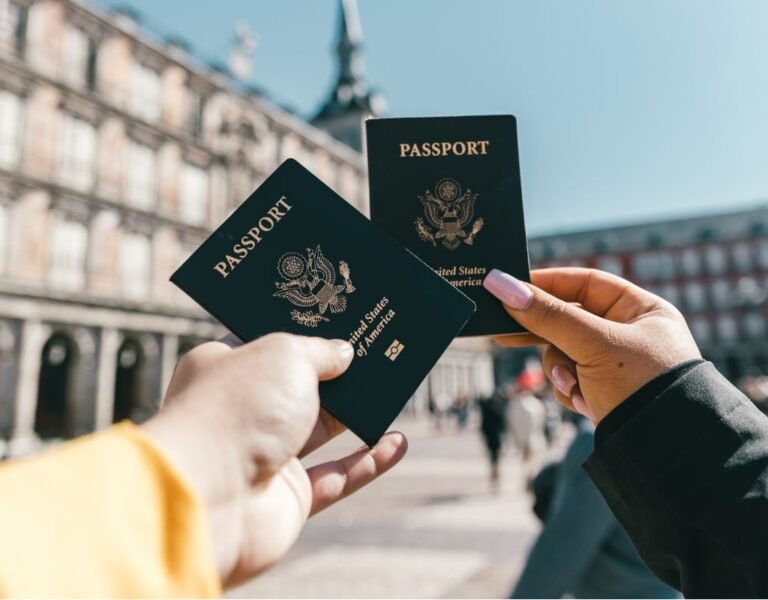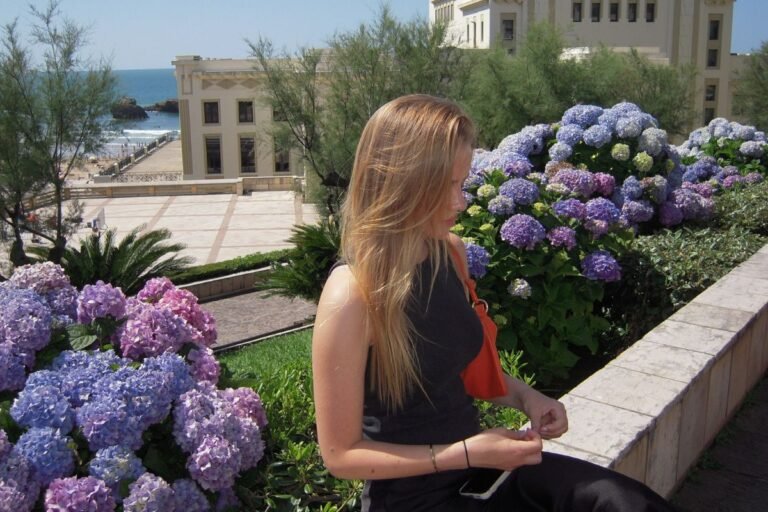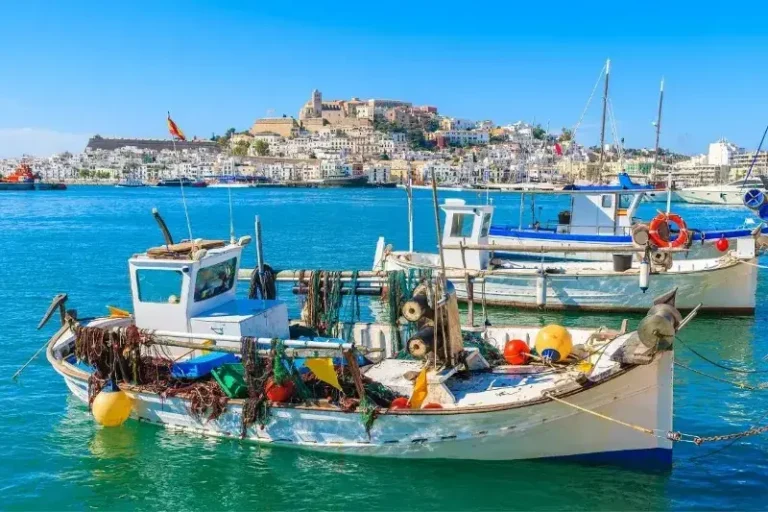How to Move to Panama with Your Family – A Step-by-Step Guide
|
Are you wondering how to move to Panama with your family? If so, you’ve come to the right place. We lived in Panama for several years and can say from experience what a great place it is to live with a family.
Panama has wonderful weather, beautiful scenery, a low cost of living, and many modern amenities. The culture is rich, and the climate is deliciously tropical. You can also enjoy tax benefits and a great quality of life.
In fact Panama has topped the list of favorite countries to move abroad for expats in the last few years! Families who move to Panama report an astounding 84% satisfaction rate of living life in Panama compared to 65% globally in other countries.
In this post, we’ll share eleven key steps to help you take the leap and make Panama your new home.
This post may contain affiliate links. If you purchase through these links, we may earn a small commission at no extra cost to you. You can find more information in our disclaimer.
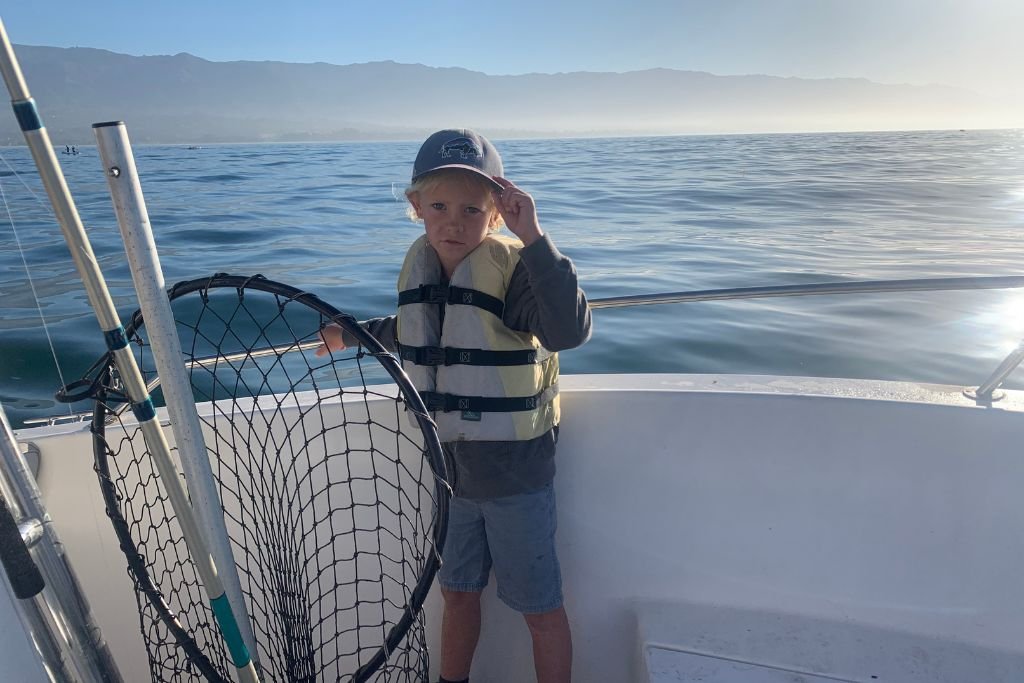
How to Move to Panama with Your Family
1. Research Visa and Residency Options
Before we can enjoy the beaches, tropical fruit, and the joy of living in another country, we’ll have to navigate the legal side of things.
Researching Visas and residency options should be your first step in planning your move to Panama. Luckily the process is straight forward and fairly easy.
👉🏻 Popular types of Visas
Panama offers various entry visas and routes to obtain residency.
✔️ Tourist Visa
The easiest way to enter Panama is on a tourist visa. I often suggest this to families who want to come explore the country, check out housing, tour schools and see if they feel like Panama would be a good fit for them and their family.
We know several people who have done this and it was a fantastic way to familiarize themselves with the country and the culture without immediately dealing with all the bureaucracy.
Citizens of the U.S., Canada, Japan, Australia, South Korea, Singapore, and most European nations are automatically given 90 days in the country. This is good news! It means you can move, get your feet on the ground, and “try Panama out” without wading through miles of red tape.
Citizens from other countries are usually given visas of 30 days. Note that you may have to go through a visa application process.
Check the Panamanian Embassy website for more details
To stay longer, you can apply for a visa extension through Migration (Migración). Once your visa or visa extension expires, you must leave Panama for 72 hours. After that, you’re free to re-enter and obtain a new tourist visa.
Note: You cannot work for a Panamanian employer under a tourist visa.
📄 Required Paperwork to Enter Panama
- A Passport with at least three months of validity
- Proof of Onward Travel (such as a roundtrip ticket)
- Economic Solvency of at least $500 (To show you can afford your stay)
- Such as three months of bank statements or credit card statements, a traveler’s check in your name, a certified bank check in your name, or a letter from your employer stating your income (translated into Spanish).
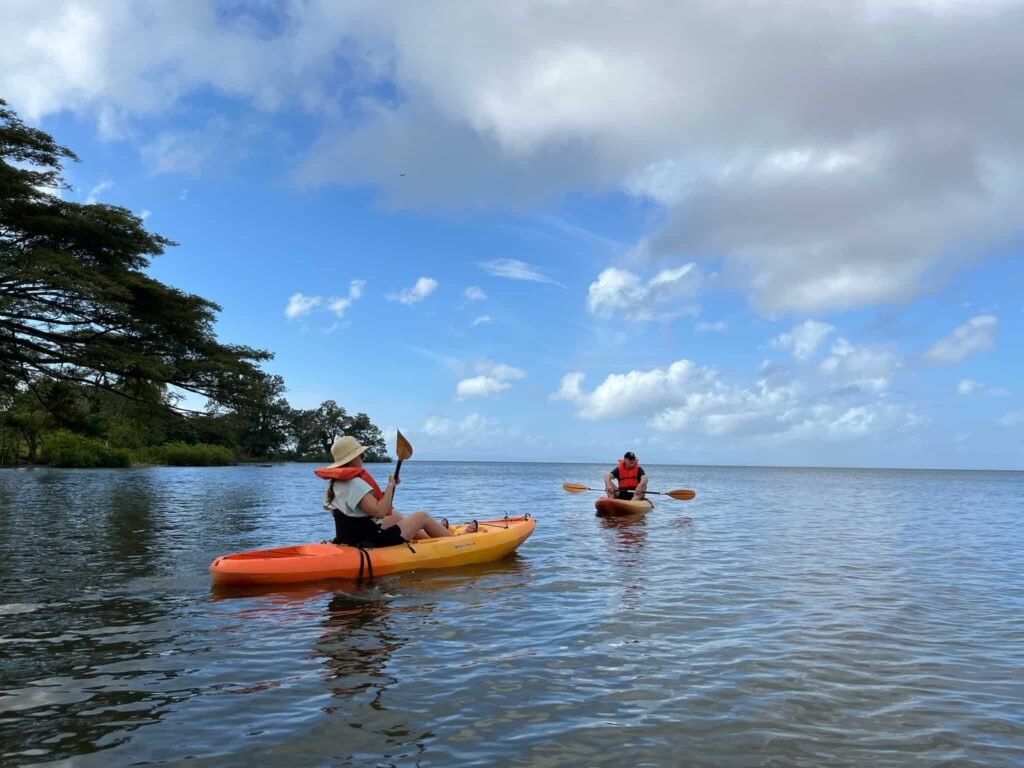
✔️Digital Nomad Visa
Panama offers a 9-month visa for short-term remote workers or freelancers. In Spanish, this visa is called the “Visa de Corta Estancia Como Trabajador Remoto.” It can be renewed once, allowing for a total stay of eighteen months. This is also a great option for families and it is easy to obtain.
📄 Requirements to Qualify for A Digital Nomad Visa
According to the Panamian Migration website, you’ll need the following to qualify for a digital nomad visa:
- Have a remote worker contract with a foreign transnational company or be self-employed. Your clients must be outside of Panama
- Earn a minimum of 36,000 Balboas annually or its equivalent in foreign currency. (Roughly 3000 USD monthly)
- Have health insurance coverage for the duration of your stay
- Provide proof of a clean criminal record from your country of residence
Learn more about the short-term remote worker visa
✔️ Panama Retirement Visa or Pensionado Visa
Panamas Pensionado Visa or Retirement Visa is a popular, straightforward and easy enough visa to get for your family in Panama as well. Panama offers one of the most appealing retirement programs in the world to United States citizens and other foreign nationals.
We have known many families who have started retirement early than expected due to the low cost of living in Panama and the ease at obtaining a retirement visa here. Some of the benefits are
📄 Requirements to Qualify for A Retirement or Pensionado Visa
- A valid monthly income of $1000/month (this could be social security or other government funds or retirement from a private corporation).
- Meet the retirement age requirement (57 for women and 62 for men). However, (and this is important!) you can still apply for the retirement Visa even if you are not technically of retirement age, but you will not receive the full benefits of the Pensionado program.
- Health Insurance issued by a Panamanian doctor
- Provide proof of a clean criminal record from your country of residence
Residency Options in Panama
There are many other types of visas and residencies available. You can often obtain them for investing in the country in different ways (through real estate, business, etc.), or under different employment situations.
Check the migration website or talk to an immigration lawyer to find the best option for your family’s circumstances and goals. There is always some red tape and hoops to jump through when obtaining a visa in another country. However, our experience has been that Panama offers one of the easiest processes to obtain a visa and with tremendous benefits for you and your family!
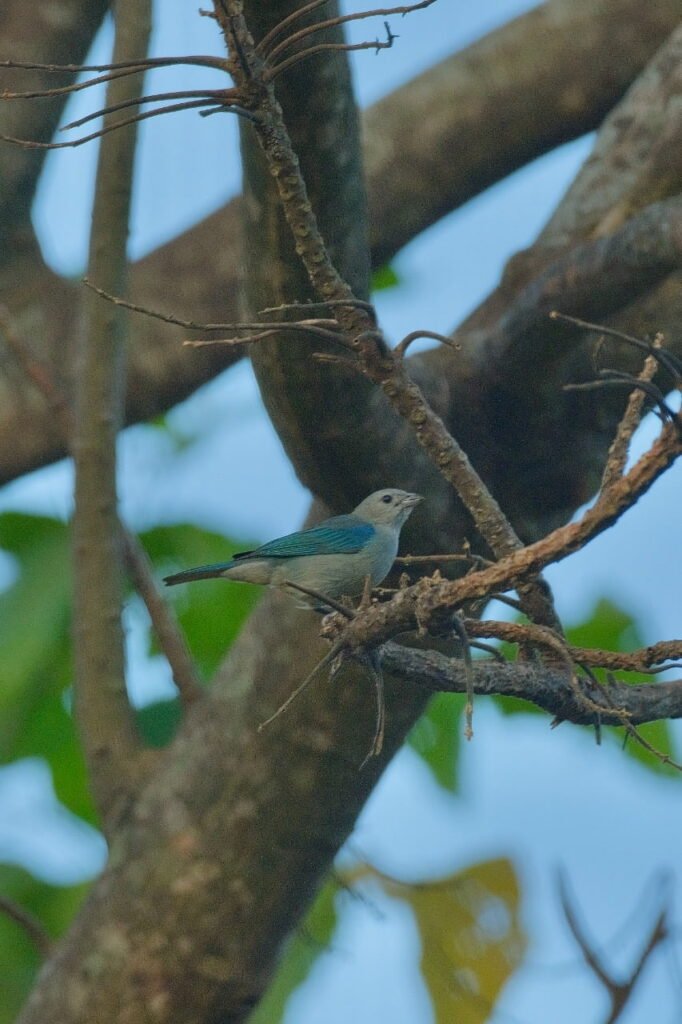
2. Prepare For The Cost Of Living in Panama
Naturally, the cost of living in Panama will depend on your lifestyle choices and where you choose to live. But is possible to live much more affordably in Panama than in the northern hemisphere. According to Numbeo data, the cost of living in the USA is 74% higher than in Panama.
International Living states that a couple can live comfortably in Panama on an average of $2000 to $3000 a month. Our overhead when living in Panama was 25% of what it was in the United States and we had amazing healthcare, housing, and enjoyed incredible travel benefits and recreation.
Housing, transportation, and healthcare are very accessible, even for those on relatively low budgets while those with more disposable income have a tremendous amount of options when it comes to housing, schooling for your family and other amenities. It really is quite shocking when you see how lovey the lifestyle is in Panama but at such a reduced cost.
3. Decide Where to Live in Panama
Where you want to live is one of the main things to consider when deciding how to move to Panama with your family.
To start, ask yourself the following questions:
- What amenities do you want to have access to? (Such as proximity to schools, hospitals, shopping opportunities, and entertainment)
- Do you want to connect with the expat community or are you looking for a more local vibe?
- What climate would you enjoy the most?
- What is your budget?
Panama City offers the most amenities, similar to what you can expect from cities in North America. It is close to the beaches and features a hot, humid climate. The cost of living here will be higher than in rural areas, but you’ll enjoy greater access to international schools, high-quality hospitals, and job opportunities. All of these qualities make it a popular choice for expat families.
Other areas popular among expats include Coronado, a coastal resort city and Boquete, a small mountain district with a spring-like climate, popular among outdoorsy people. The city of David is another option with many great amenities and a lower cost of living than Panama City.
If you’re looking for a more remote area with a lower cost of living and a laidback pace, consider Pedasí. This small fishing village on Panama’s “Tuna Coast” is right on the Pacific Ocean.
For a cooler climate in an agricultural area, the district of Volcán could be a great choice.
There are a wide variety of incredible locations in Panama…each with their own personality, amenities, culture and climate.
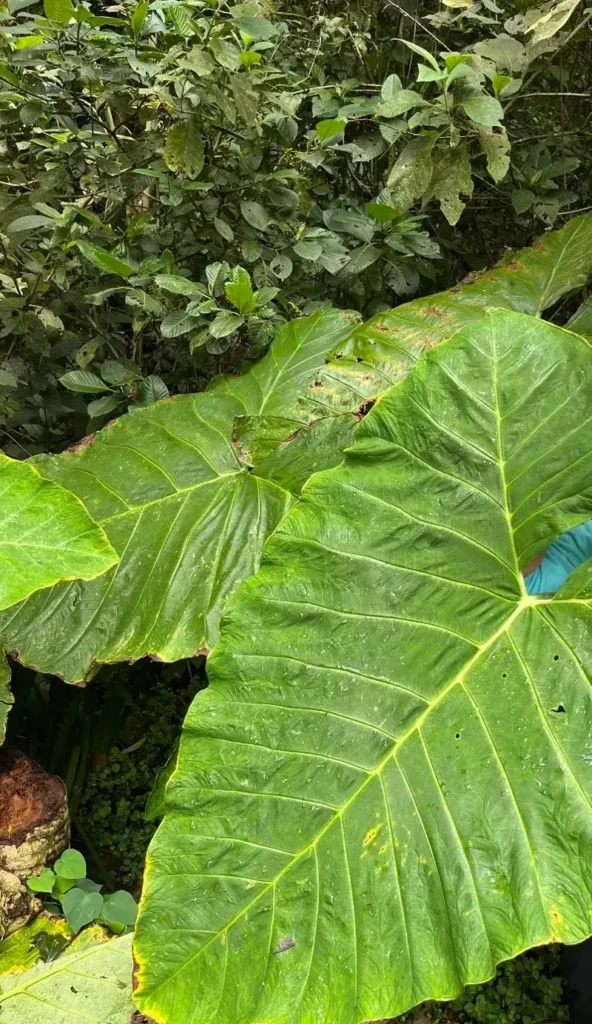
4. Find Housing
Once you’ve found an area you’re interested in, it’s time to find housing. Vacation rentals are a good choice right after you land, giving you time to check out local options in person. I highly suggest renting before you buy in order to really get to know an area and determine what serves you and your family best.
👉🏻 Rentals
There are plenty of rental options in Panama, ranging from condos and single-family homes to apartments.
If you’re looking into a longer-term rental, consider the following:
✔️ Things to Know About Rentals – How to Move to Panama
- Most leases require a one-year contract
- The best rental deals are usually found word-of-mouth (So ask around). Panama expat groups are fantastic for this!
- Peruse Spanish ads to find affordable rentals (ones not targeting foreigners). Seriously this is a game changer!
- Look for listings from a variety of sources and real estate agents
- Some places to look include Facebook Marketplace, Realtor.com, Panama Craigslist, and Encuentra 24.
✔️ Questions to ask before signing a lease:
- Is electricity included in the rent?
- Does the rental include hot water? If so, from which faucets?
- Is internet included? If so, who is the provider? What is the speed? (Run a speed test on-site)
- If furnished, what is included?
- Is there an extra water tank to get you through the dry season?
- Who is responsible for repairs?
- What are the terms of the security deposit?
- Are there noisy neighbors? Traffic noise? Are nearby units used as Airbnbs or for parties?
- Are pets allowed?
- What are the rules for the unit?
- What are the landlord’s requirements for renting?
👉🏻 Buying Property In Panama As An Expat
Panama has few restrictions on buying property. In fact, you don’t have to have a visa or residency status to purchase real estate.
The exception is land within 6.2 miles (10 kilometers) of a border or land located on an island. In these cases, you cannot buy the land but can apply for rights or concessions to use it.
It is a good idea to hire a reliable lawyer to guide you through the legal process.
Learn more about purchasing property in Panama.
5. Look for Job Opportunities in Panama
Although it’s possible to work for a Panamanian company under certain visas, the unemployment rate could make finding jobs with local entities difficult.
Many expats find work with international companies, start their own businesses, or work as consultants, digital nomads, or freelancers.

6. Have a Plan For Money and Banking
Panama uses both the local currency (the balboa) and Americans dollars at a one-to-one ratio.
As a tourist, the easiest way to get money is from an ATM or in a bank branch.
Tip: If you are a U.S. citizen with a U.S. address, consider opening a checking account with a debit card at Charles Schwab as you’ll be refunded all ATM fees.
👉🏻 Opening a Bank Account
If you are a resident or in the process of obtaining residency, you can open a bank account with a Panamanian bank.
You will need your passport, residency card, proof of residence, and a minimum deposit (usually around $500). Different banks may require different things, so be sure to research in advance.
Some banks to consider include the Banco Nacional de Panamá, BAC International Bank, Banco General, and Banistmo.
Opening a bank for us was an easy and straightforward process.
👉🏻 Tax Considerations When Living in Panama
If you’re making an income from a source within Panama, you will need to pay taxes. Different taxes apply based on your residency status, type of income, and specific situation. Consult a tax professional to make sure you’re complying with local tax laws.
However, if you earn income from sources outside of Panama, you won’t have to pay taxes on that income to Panama. (You may still have tax obligations to your home country.)
U.S. citizens can take advantage of the foreign-earned income exclusion when it’s time to file their U.S. taxes.
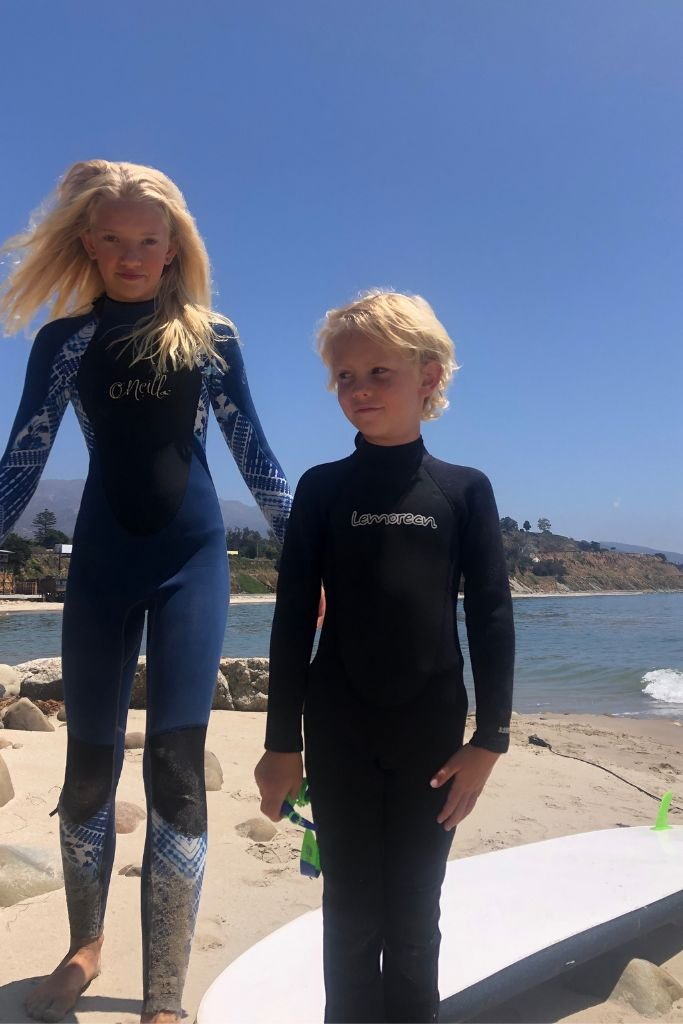
7. Know About Health Care in Panama
Both public and private healthcare are available in Panama.
Public healthcare is available to everyone in Panama at a low cost. Unfortunately, there may be a shortage of medicines or equipment in some locations, and rural areas tend to be under-served.
If you can afford it, the private healthcare system is often a better option. The best hospitals, such as Hospital Punta Pacifica, are located in Panama City. The private system is excellent with great doctors and facilities.
If you prefer not to rely on public healthcare, it’s a good idea to purchase international health insurance or local hospital insurance. Otherwise, consider signing up for Panama’s national healthcare plan.
Find doctors, hospitals, and pharmacies through expat communities or by asking around in your local neighborhood.
8. Education Options for Moving to Panama With Your Family
Unfortunately, the public education system in Panama is not great so a private school or remote learning opportunity is probably your best option.
The advantage of an international school is that your kids will have the chance to make friends, be involved in extracurriculars, and develop a more robust community.
If you already know what areas of Panama you’re interested in moving to, check out the schools in that area. Expat forums are also a good resource.
For Panama City, check out listings on the International Schools Database for additional ideas.
Some of the best schools in Panama include:
- Crossroads Christian Academy
- Balboa Academy
- Oxford International School
- Panamerican School of Panama
- King’s College – The British School of Panama
- Metropolitan School of Panama
- International School of Panama
- Knightsbridge Schools International Panama
- Colegio San Agustin
It is always a good idea to visit the school ahead of time and talk to students, teachers, and other parents.
Be sure to check out our article on how to find a school abroad. As a family with three kids we have navigated finding the right school in several international countries so we understand how important this decision is.
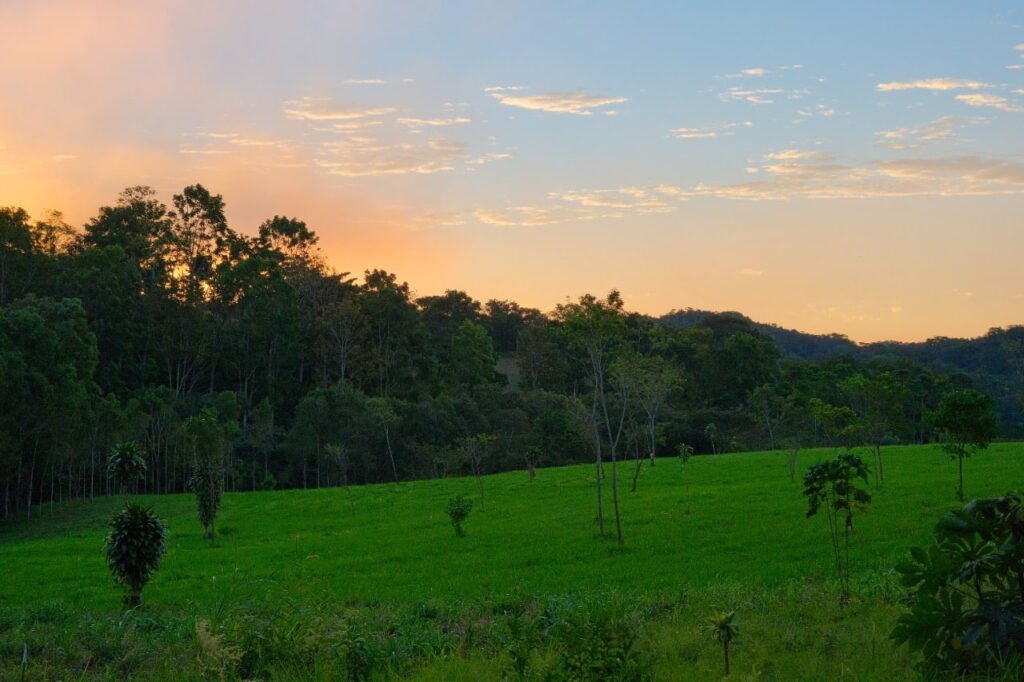
9. Stay Informed About Safety in Panama
With a few exceptions, Panama is a fairly safe destination. You’ll want to avoid some areas in Colón and certain spots in Panama City, as well as remote regions on the Mosquito Coast and The Darien Gap (where you wouldn’t be likely to go anyway).
Petty theft and occasional residential break-ins are the most common types of crime.
10. Take Lifestyle Considerations Into Account
As with any new country, moving to Panama will require changes. The culture, language, people, landscapes, economic situation, and traditions will likely be quite different than your home country. That is part of the joy of moving to a new place!
Try to keep a flexible mentality and be ready to embrace the changes. Remember: just because something is different doesn’t mean it’s bad. In fact navigating these changes is what makes it all worth while!
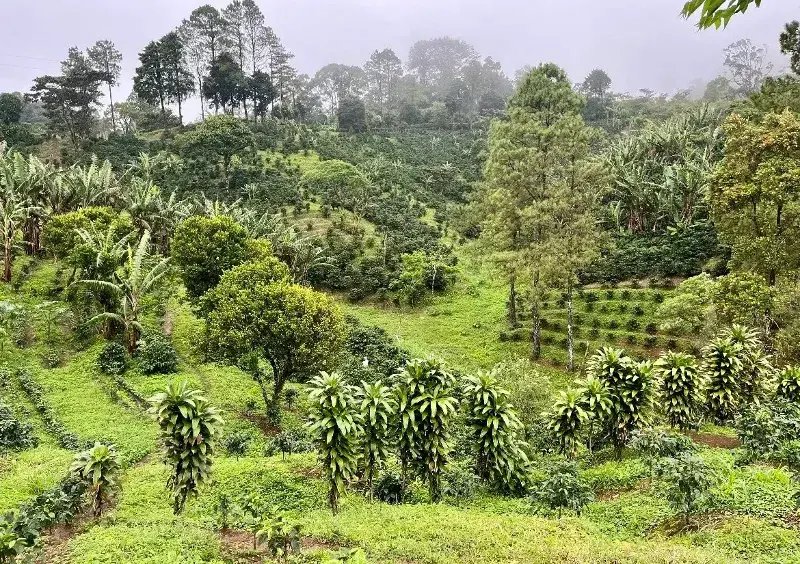
11. Settle Into Your New Life
Here are a few tips to help you settle into your new life in Panama.
👉🏻 Transportation and Getting Around
Buses, taxis, and the Panama City metro and metro bus are common forms of public transportation. You can also take the Panama Canal Railway to access popular tourist regions.
If you’re in Panama long term, or in an area with fewer transportation options, getting a car is a great idea. You can drive on your foreign license for up to 90 days, after which you’ll need to get a local license.
👉🏻 Spanish Language
One of the things that will help you transition the most is learning Spanish.
Taking language classes early on will help you improve quickly, gain confidence, and learn new vocabulary. Many Spanish teachers can serve as cultural interpreters, helping you navigate your new home. Do your best to immerse yourself in the language rather than surrounding yourself only with expats.
Check out our post on how to learn Spanish in six months
👉🏻 Connecting with the Expat Community
Although it’s important to get to know locals, having a community of people who have gone through or are going through similar things can be helpful. Expat communities are great resources to help you navigate the ins and outs of how to move to Panama and adapt once you’re there. You can ask questions, get recommendations for services, join events, and more.
👉🏻 Meeting Locals
The more you can engage with the local community and culture, the better adjusted you’ll be in the long run. Most Panamanians are really friendly and welcoming.
Chat with people at the markets, try local dishes, and express curiosity and appreciation for local food, customs, and landscapes. Explore local neighborhoods and hidden gems, join a dance class with Panamanians, and celebrate local festivals.
After living in several different countries we now have friends all over the world! Check out our post on how to make friends abroad.
👉🏻 Dealing with Homesickness
It takes time to adjust to a new country. Here are a few tips for dealing with homesickness and culture shock:
- Make your home feel like home. Check out our post on how we helped our kids feel at home in their new country.
- Stay in contact with friends back home. Invite them to come visit. This helps everyone realize how small the world is!
- Keep enjoying your hobbies and connect with your new community
- Exercise and get outdoors to explore your new surroundings
- Enjoy the simple things in life and the slower pace of life Panama has to offer
- Remember that what you’re feeling is normal…this is a huge transition
- Embrace the discomfort as a natural part of the process
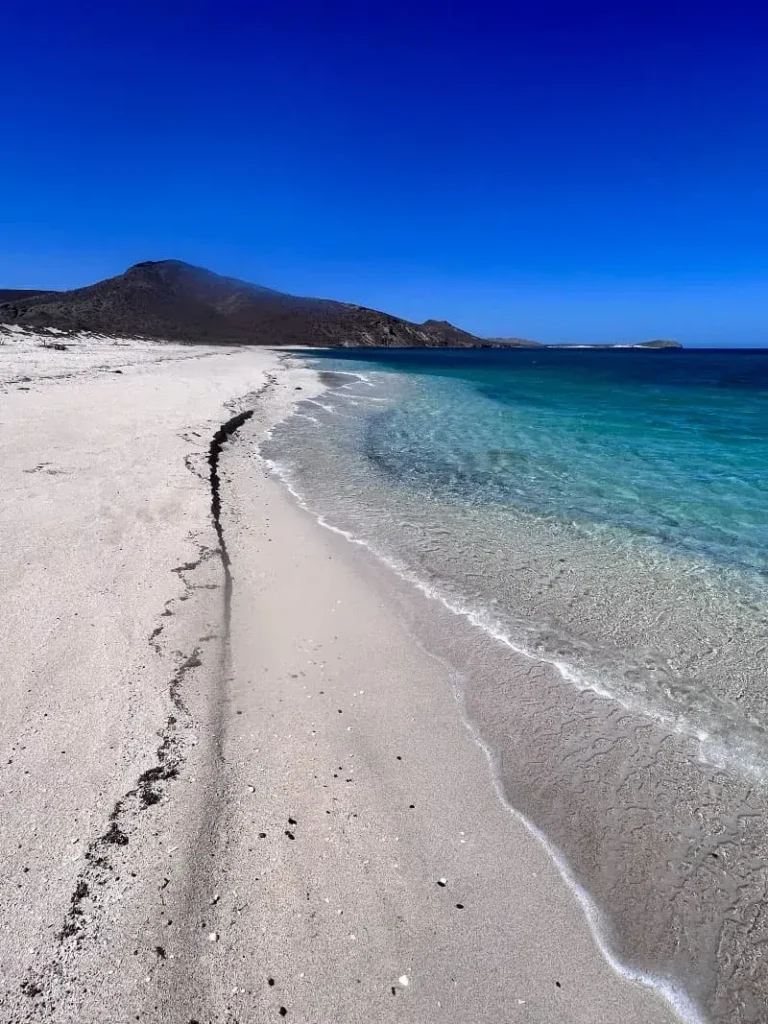
Conclusion: How to Move to Panama
Thanks to the stable economy, beautiful landscapes, welcoming people, great climate, and relative ease of paperwork, moving to Panama is a wonderful choice.
We hope this article will help you complete the basic steps you were searching for about how to move to Panama with your family. Our experiences living abroad have been rich and satisfying. We encourage you to take the leap and enjoy the expat life too.
And feel free to reach out as we would be happy to serve as your relocation specialist!

Get Started Today!
How to Move Abroad
A Workbook to help you make the right choices
Use our easy to follow roadmap to help you find the perfect location to start your new life.
Hello and Welcome!

We started our family travel blog in hopes of supporting other families move abroad and travel the world. Through straightforward, sincere and supportive information we hope to provide a reliable guide for those moving overseas with a family and traveling the globe.
